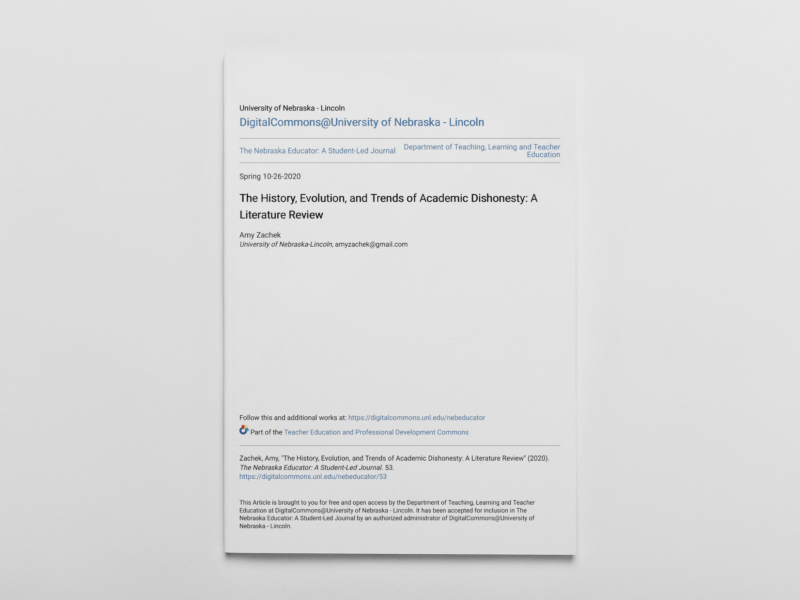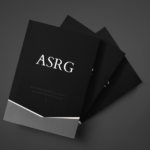In a relatively short academic paper published in 2020 by the Department of Teaching, Learning and Teacher Education at the University of Nebraska – Lincoln, then student Amy Zachek writes pointedly about the evolution of academic dishonesty.
One significant point that she highlights, is changing social attitudes towards cheating, that have evolved over generations of students. Referencing a 2009 paper by S.D. Blum, Zachek writes,
‘In this way, this flexible self may have a greater impact on students’ propensity to cheat than higher education administrators may realize.’
explaining how older social attitudes that required individuals to adhere to a more rigid notion of society and peoples’ roles within it, created a greater perception of the unacceptability of cheating. As individuals have been encouraged to develop their own ideas of identity, personhood and agency, perhaps this loosening of traditional boundaries has brought with it a relaxation of the sense of obligation to comply with rules around academic misconduct.
A genuinely fascinating, extremely difficult to quantify, and very much overlooked topic relating to exam and assessment cheating which is very deserving of further research.
Social Factors is one area discussed in the first ASRG report of 2025 and will be considered in our forthcoming projects.
If you are interested in this topic and would like to contribute to our work, please contact us here.
Why not join the conversation and leave a comment below?
Article Source: https://digitalcommons.unl.edu/cgi/viewcontent.cgi?article=1071&context=nebeducator



